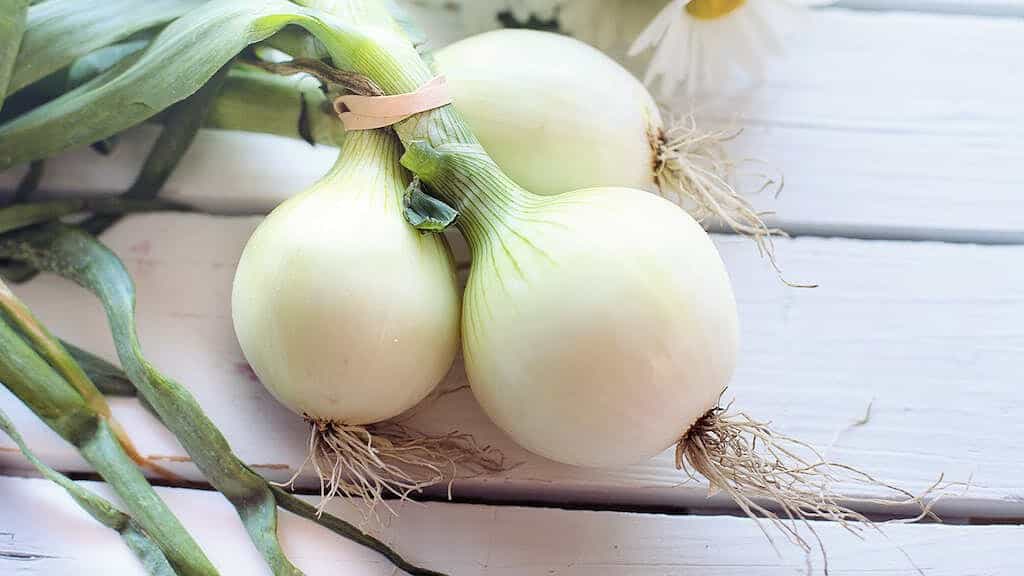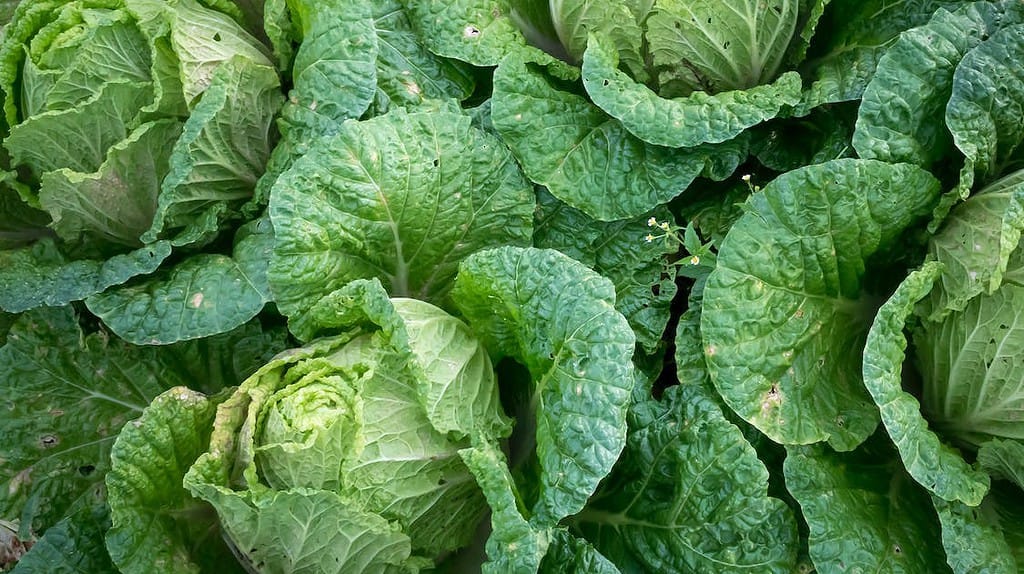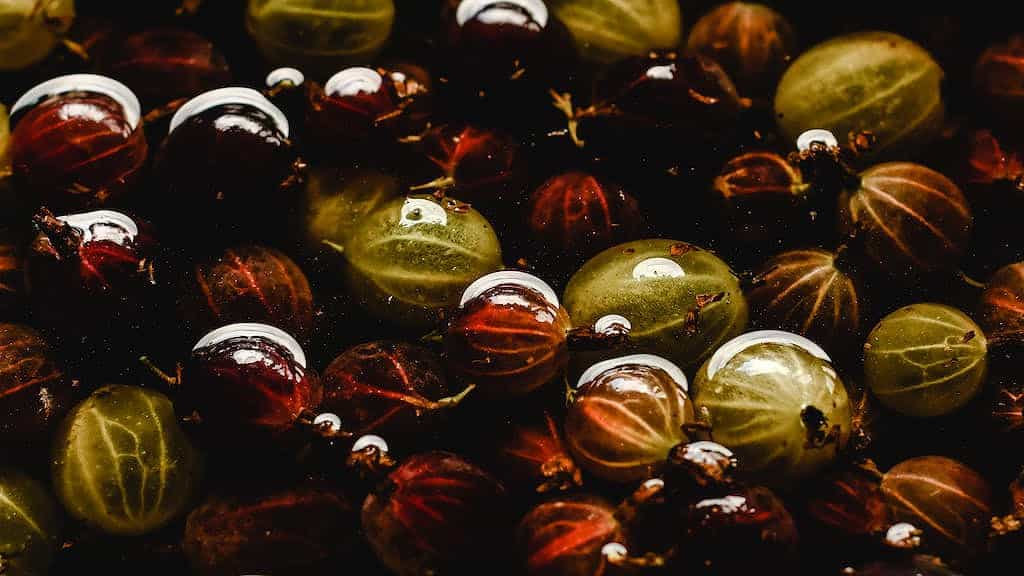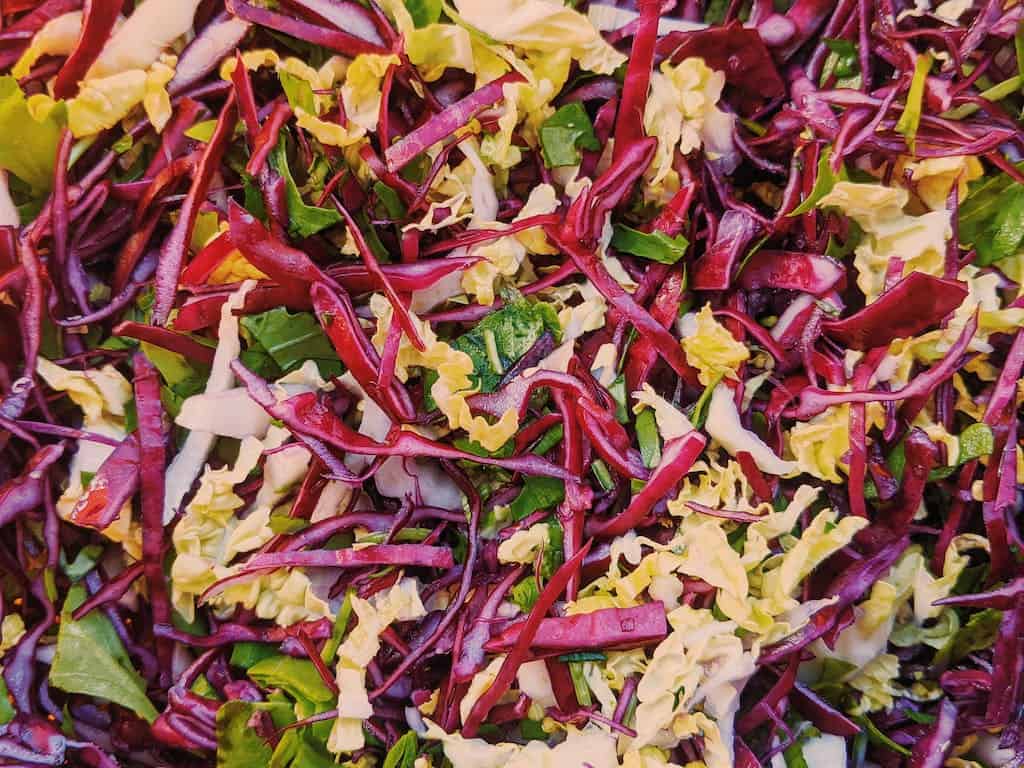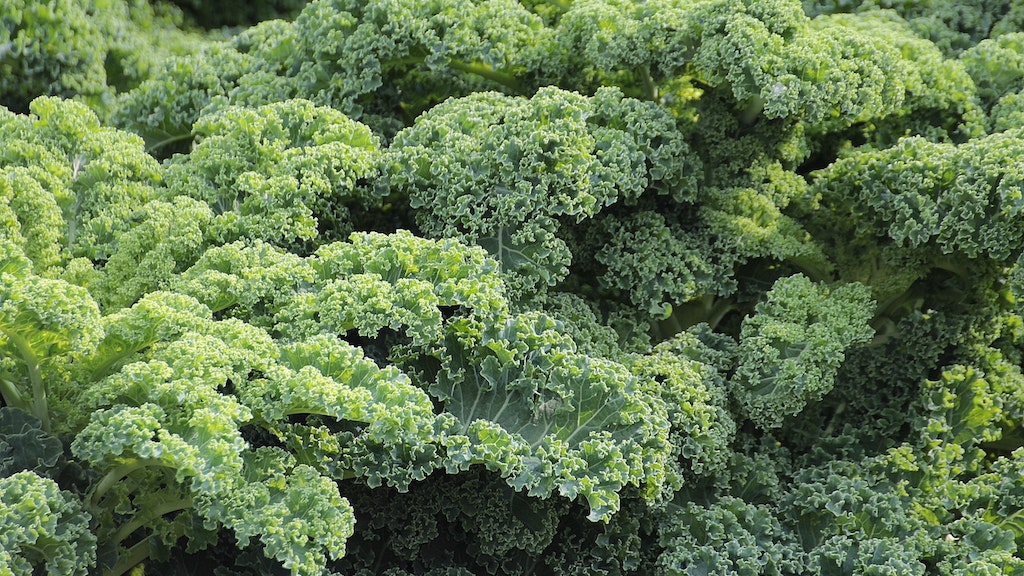Key Takeaways
- Tangerines and oranges are generally safe for dogs to eat in moderation.
- Remove any seeds and the peel before offering tangerines or oranges to your dog.
- Introduce tangerines or oranges gradually to check for any potential allergic reactions or digestive upset.
- Avoid feeding large quantities of tangerines or oranges as they can cause stomach upset due to their high sugar content.
- Keep in mind that some dogs may not enjoy the taste of tangerines or oranges.
- Always consult with your veterinarian before adding any new fruits to your dog’s diet.
Summary
Can dogs eat tangerines or oranges? While the answer is yes, it is important to understand the potential risks and benefits before allowing your furry friend to indulge. This article delves into the specific health benefits of tangerines and oranges for dogs, as well as the potential dangers to watch out for. By reading further, you will gain valuable insights into the proper serving sizes, potential digestive issues, and precautions to keep in mind, ensuring that your pup stays happy and healthy when enjoying these juicy fruits.

Can Dogs Eat Tangerines or Oranges?
1. Health Benefits of Citrus Fruits for Dogs
While tangerines and oranges are safe for dogs to eat in small amounts, it’s important to note their potential health benefits. Citrus fruits are rich in vitamins A and C, which can boost a dog’s immune system and promote healthy skin and coat. Additionally, these fruits contain fiber, potassium, and antioxidants that can support digestive health and reduce the risk of chronic diseases.
2. Potential Risks Associated with Citrus Fruit Consumption
Although tangerines and oranges are generally safe for dogs, there are some risks associated with their consumption. The high acid content in these fruits can cause an upset stomach or gastrointestinal discomfort in some dogs. Moreover, the high sugar content may lead to weight gain or dental issues if consumed excessively. It’s crucial to always remove seeds and peel before feeding citrus fruits to your dog, as they can pose a choking hazard or intestinal blockage.
3. Moderation is Key
As with any human food given to dogs, moderation is key when it comes to feeding tangerines or oranges. These fruits should be considered as occasional treats rather than a regular part of their diet. Overfeeding citrus fruits can cause digestive upset, loose stools, or even pancreatitis in some dogs. It’s best to consult with your veterinarian about suitable portion sizes based on your dog’s size, age, and overall health.
4. Allergic Reactions and Sensitivities
While citrus fruits are not common allergens for dogs, some dogs may still develop allergic reactions or sensitivities to them. Signs of a potential allergy can include itching, rashes, hives, or gastrointestinal disturbances. If you notice any adverse reactions after your dog eats tangerines or oranges, it’s important to stop feeding them and consult a veterinarian for further guidance.
5. Precautions when Offering Citrus Fruits
When giving citrus fruits to your dog, always wash them thoroughly to remove any pesticides or chemical residue. Peel the fruit and remove all seeds, as they contain small amounts of toxins that can be harmful to dogs. Also, take precautionary measures if your dog has a pre-existing medical condition such as diabetes, as the high sugar content in tangerines and oranges can spike their blood sugar levels.
6. Alternatives to Citrus Fruits for Dogs
If you’re unsure about feeding tangerines or oranges to your dog, there are plenty of other dog-friendly fruits you can offer as a healthy snack. Some good alternatives include apples (without the seeds), bananas, blueberries, and watermelon (seedless). Remember to introduce new fruits gradually and observe your dog for any adverse reactions or digestive issues.
Recipes and Alternatives to tangerines or oranges for dogs
Dogs should not eat tangerines or oranges as the acidity in these fruits can upset their stomach and potentially cause digestive issues. It is always safer to stick to fruits that are safe for dogs, such as apples, bananas, or blueberries.
- Plain, unsalted pickles chopped into small pieces
- Homemade pickle-flavored treats made with chicken or beef broth, dill, and flour
- Frozen pickle juice popsicles
- Pickle-flavored dog biscuits using peanut butter and dill seasoning
- Pickle mash mixed with your dog’s regular food as a flavorful treat
Can Dogs Eat Tangerines or Oranges?
General Information
Tangerines and oranges are popular citrus fruits enjoyed by many people. They are packed with essential nutrients, such as vitamins and minerals, and provide a refreshing taste. However, when it comes to sharing these fruits with our furry friends, there are a few things to consider.
Frequently Asked Questions
-
Are tangerines and oranges safe for dogs?
Tangerines and oranges are generally safe for dogs to consume, but in moderation. These fruits contain natural sugars and can be high in citric acid, which may cause stomach upset in some dogs. It’s always best to introduce new foods gradually and monitor your dog’s reaction.
-
Can dogs eat the peel of tangerines or oranges?
No, it’s not recommended to feed your dog the peel of tangerines or oranges. The peel is difficult to digest and may cause an upset stomach or, in some cases, an intestinal blockage. It’s important to remove the peel and any seeds before sharing the fruit with your dog.
-
Are there any health benefits for dogs?
Tangerines and oranges contain essential vitamins like vitamin C, which can provide some health benefits for dogs. Vitamin C aids in the proper functioning of the immune system and can contribute to healthy skin and coat. However, dogs produce vitamin C naturally, so the additional amounts from these fruits are not critical to their diet.
-
Can tangerines or oranges be harmful to dogs?
Although tangerines and oranges are generally safe for dogs, there are a few considerations. The high sugar content in these fruits can potentially lead to weight gain and other health issues if consumed excessively. Additionally, the citric acid may cause gastrointestinal discomfort in some dogs. Always offer small portions and observe how your dog reacts.
-
Can dogs eat tangerines or oranges with the seeds removed?
Yes, dogs can safely consume tangerines or oranges with the seeds removed. However, the seeds themselves are not harmful if accidentally swallowed in small amounts. If you notice your dog eating a large quantity of seeds, it’s advised to keep an eye out for any potential choking hazards or signs of distress.
-
Are there any alternatives to tangerines and oranges for dogs?
If you’re looking for other fruits to incorporate into your dog’s diet, there are several safe options. Some fruits that are generally well-tolerated by dogs include apples, bananas, blueberries, and watermelon. Remember to remove any seeds and introduce new foods gradually to prevent digestive upset.
FAQ Overview
To wrap up the FAQ, tangerines and oranges can be given to dogs in moderation, after removing the peel and seeds. While they do offer some nutritional benefits, it’s important to consider your dog’s overall diet and potential sensitivities. If you have any concerns or notice any adverse reactions, it’s recommended to consult with a veterinarian.
Conclusion
Based on the information presented, it can be concluded that dogs can safely consume tangerines or oranges in moderation. Tangerines and oranges are not toxic to dogs and can even provide some health benefits. However, it is important to remember that these citrus fruits should be offered as an occasional treat and not be a significant part of their diet. Feeding too many tangerines or oranges to dogs can cause digestive issues such as diarrhea or an upset stomach due to their high sugar and fiber content. Additionally, it is essential to remove any seeds or peels before offering these fruits to dogs, as they can pose choking hazards or contain harmful substances. As always, consulting with a veterinarian before introducing new foods into your dog’s diet is recommended.
📚 Sources:




